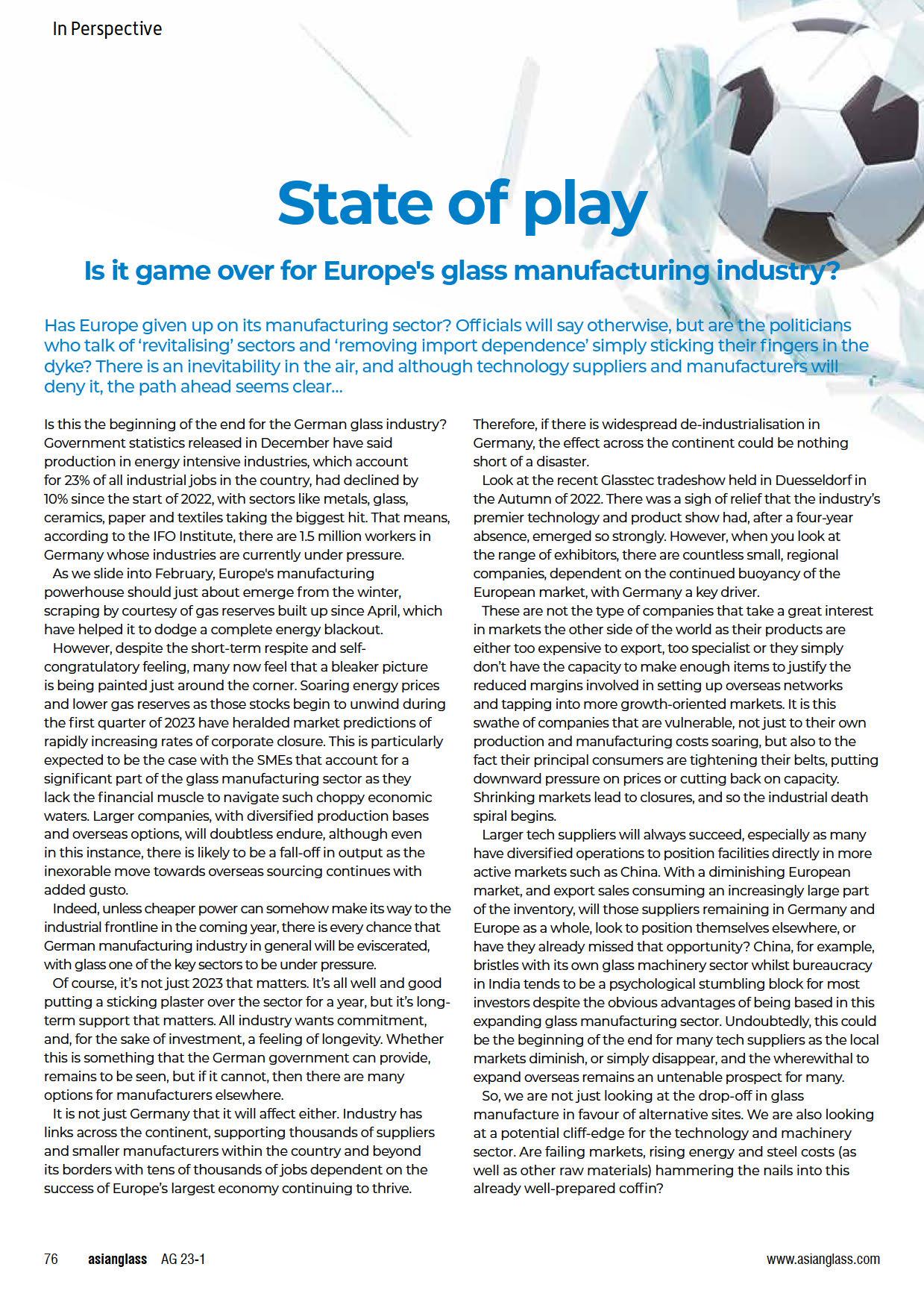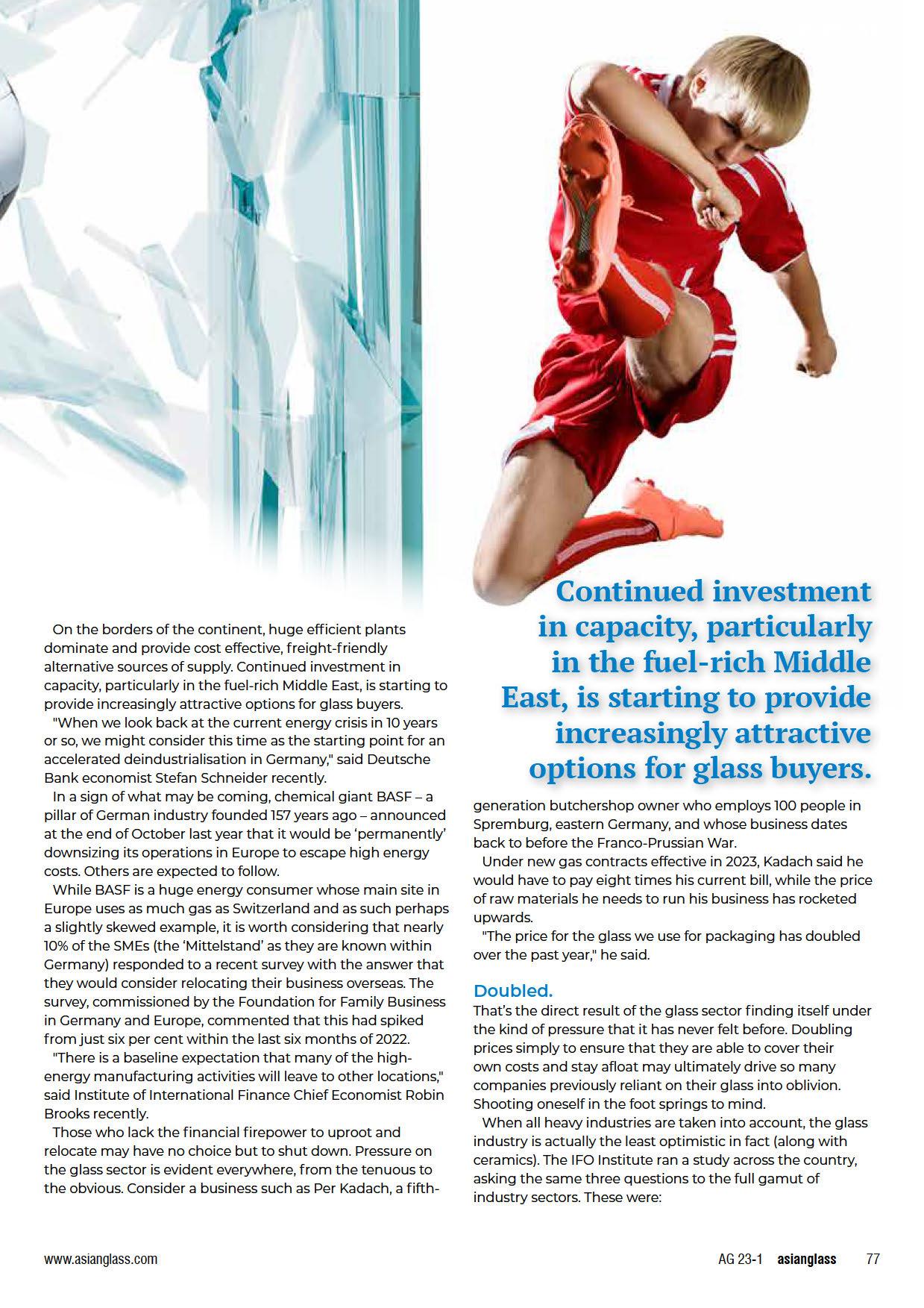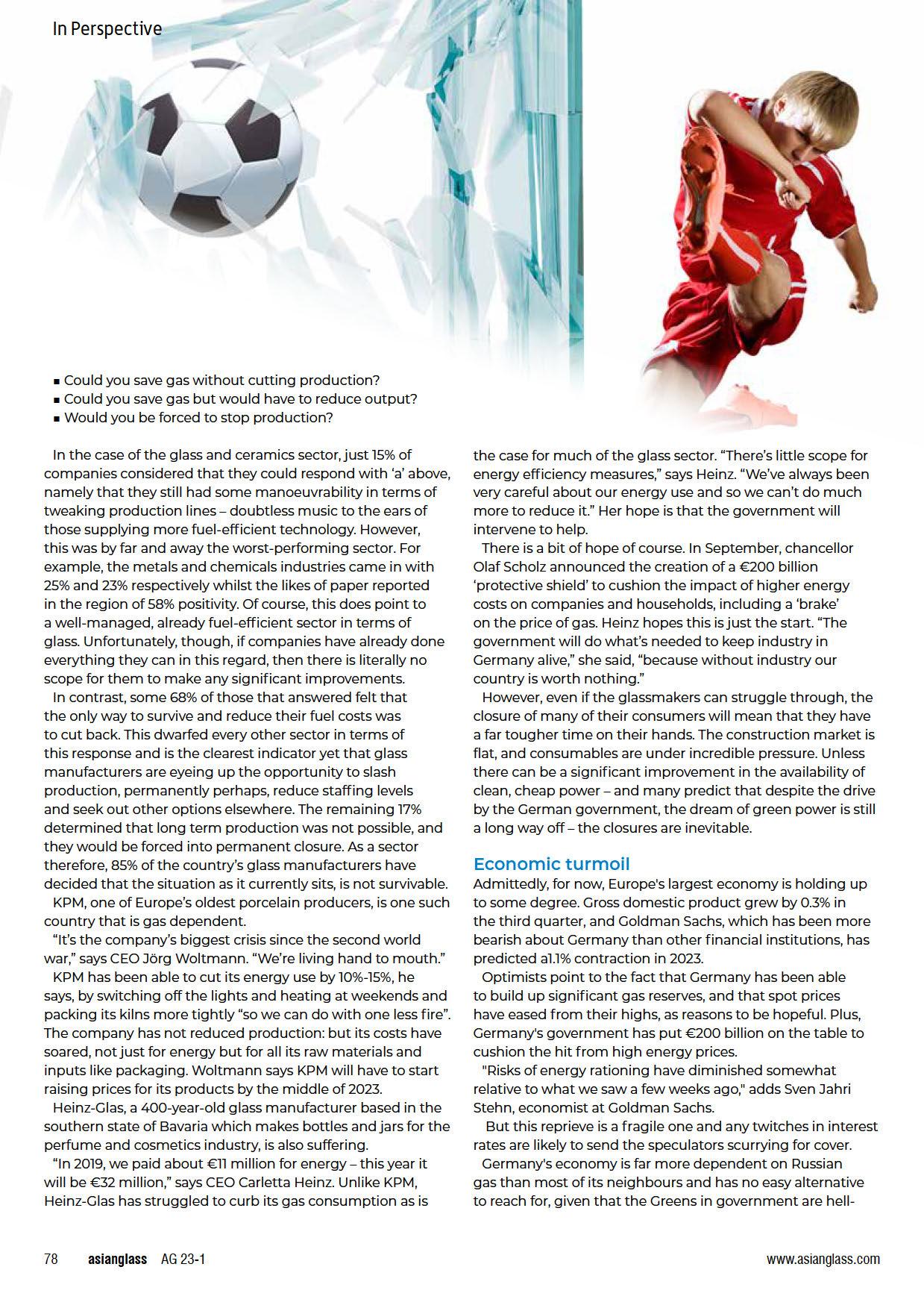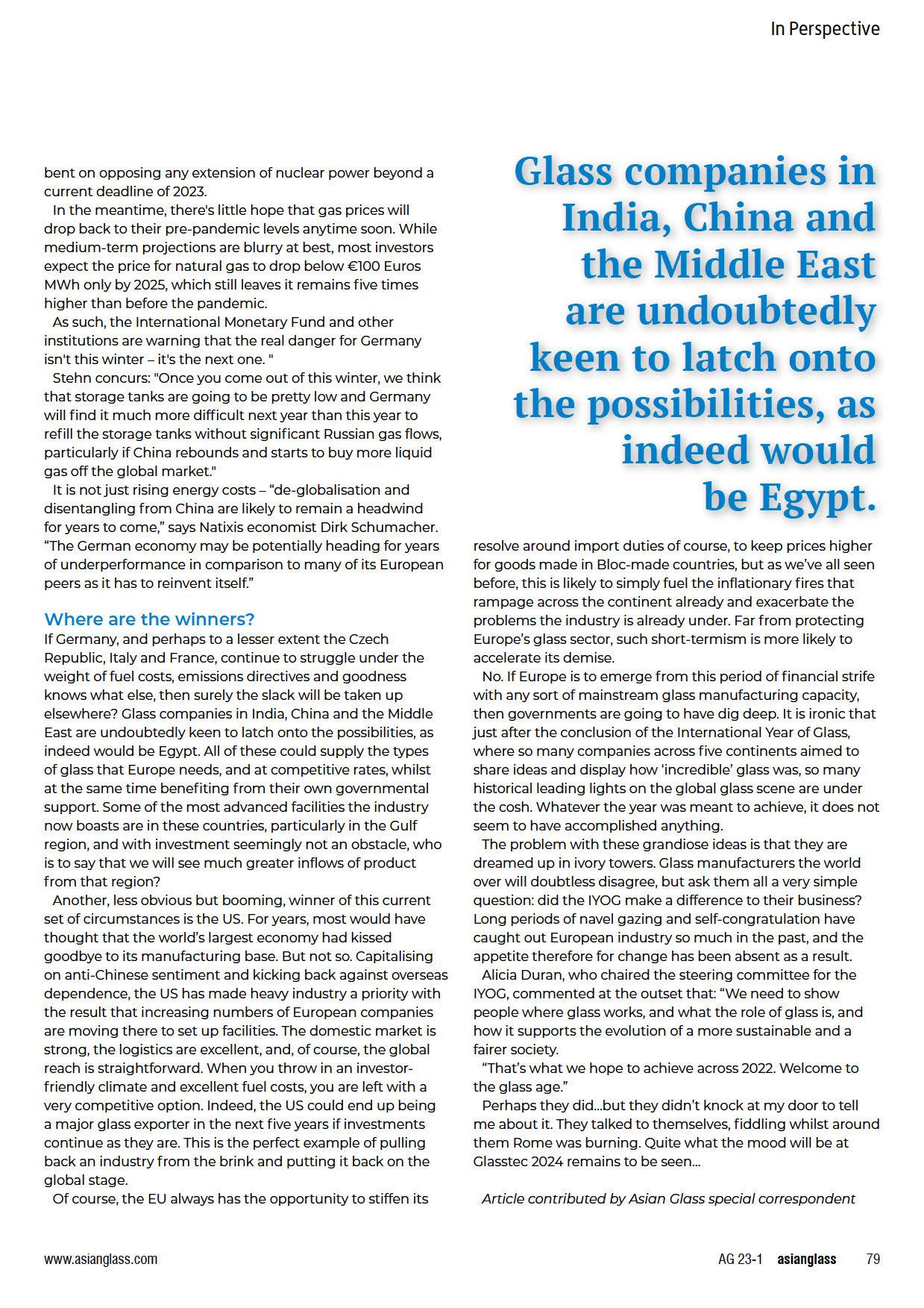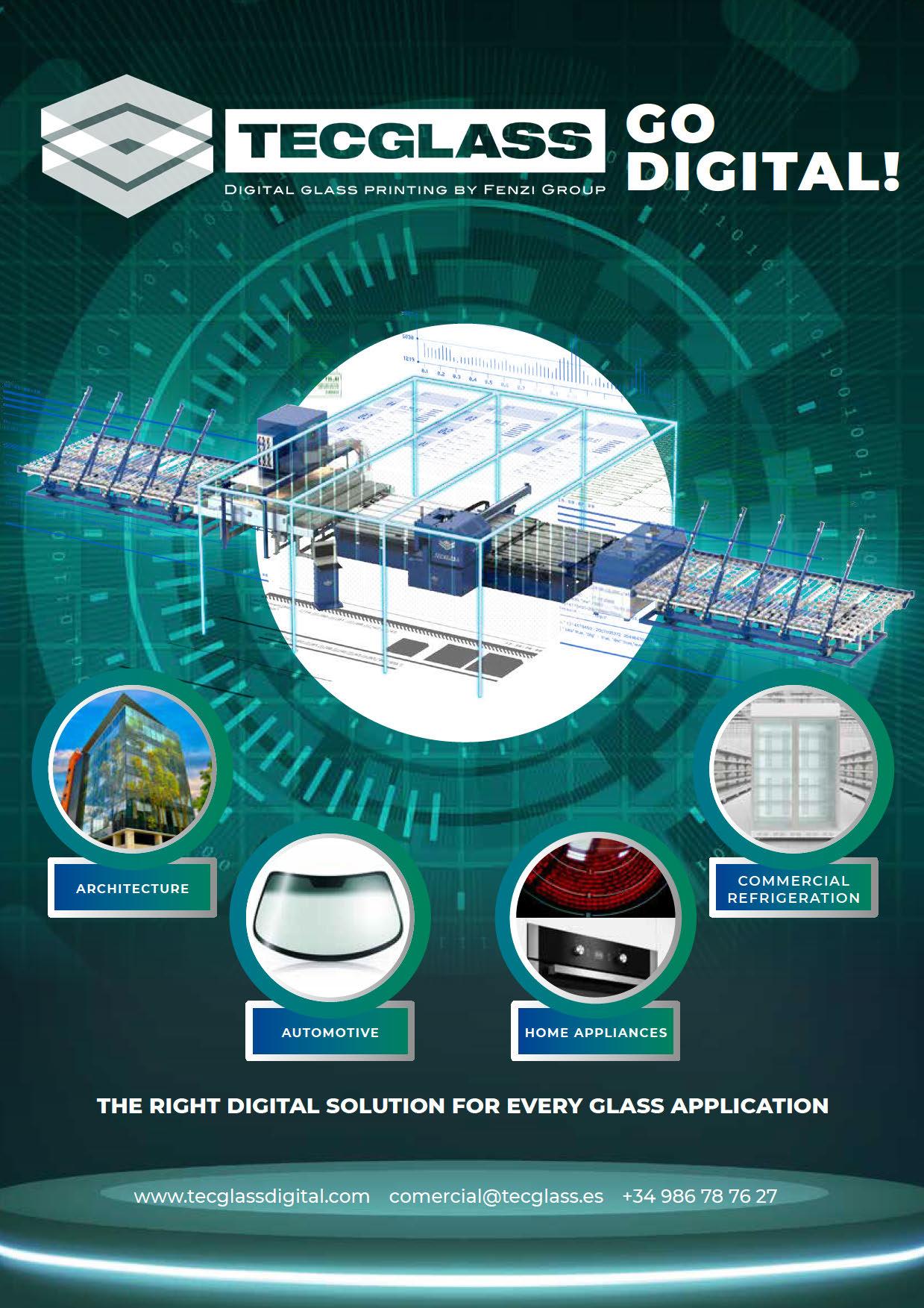

























































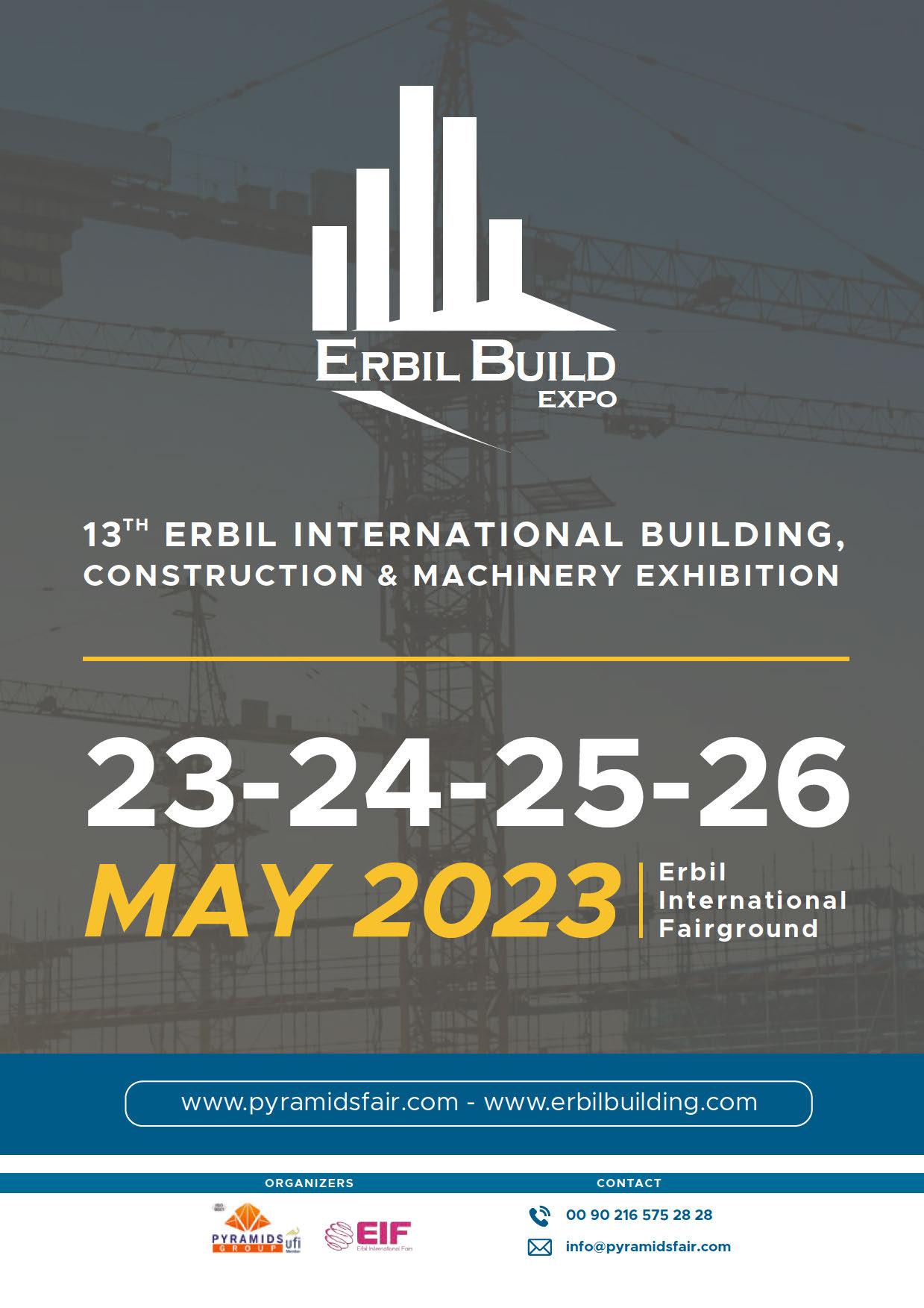
























































































United States
HarbisonWalker International (HWI), a supplier of refractory products and services in North America, has signed an agreement to be acquired by Platinum Equity, a global investment firm operating companies in a broad range of business markets.
Financial terms have not been disclosed but the transaction is expected to be completed in the first half of 2023, subject to customary closing conditions and regulatory approval.
Carol Jackson, chairman and CEO, HWI, said: “This is excellent news for our employees, customers, and communities.
“Platinum Equity supports our intent to continue driving HWI forward into an unprecedented new era of growth.
“Over the past several years in North America and throughout our global operations, we’ve built operational excellence, differentiated ourselves through our supply reliability, and delivered the deepest and widest offerings of refractory products and expertise.
“Our new owner is wholly aligned with our leadership team’s vision to aggressively accelerate
investments in our business. We are poised to capitalise on the momentum that our team of employees has built together.”
Platinum Equity partner Louis Samson said: “HarbisonWalker has built an impressive organisation and we have deep respect for the company’s legacy, culture and commitment to serving its customers. We are excited to continue investing in its growth.”
In July 2022, Platinum Equity announced plans to acquire Imerys SA’s High Temperature Solutions business (HTS), a provider of refractory solutions serving more than 6,000 customers primarily in Europe and Asia, in a transaction that is expected to close by the end of the year. Once both acquisitions have been completed, HWI and HTS will combine into a global business with increased reach and scale.
Samson added: “HWI’s presence in North America complements HTS’s business in Europe and Asia. Their product portfolios are also highly complementary and will create a comprehensive, well-rounded offering of brick and
powder-based refractories for a global customer base. We expect the combination to immediately open up new avenues for growth on both sides.”
Platinum Equity Managing Director Malik Vorderwuelbecke said: “The refractories industry is highly fragmented and this combination will create a global platform with meaningful opportunities to further expand.
“We are excited about the prospects in this space and look forward to putting our M&A and operational resources to work.”
United States
Carolina Refractories, a manufacturer of monolithic refractories, has announced plans to expand its operations in Horry County. The company’s $3.7 million investment will create 38 new jobs over the next five years.
Founded in 1986, Carolina Refractories, Inc. is a leading supplier of monolithic refractories, which consists of unshaped material that is resistant to decomposition by extreme temperatures, across the United States and around the world. The company manufactures and supplies refractory products, serving the steel, aluminium, cement, foundry, incineration, power and paper industries.
Located at Ascott Valley Industrial Park in Conway, Carolina Refractories’ expansion will
include the construction of a new 30,000-squarefoot facility, which will include state-of-the-art monolithic refractory manufacturing equipment and a new precast shape division to manufacture precast refractory shapes.
The expansion is expected to be complete in the fourth quarter of 2023.
The Coordinating Council for Economic Development approved job development credits related to this project. The council also awarded a $250,000 Rural Infrastructure Fund grant to Horry County to assist with the costs of site preparation and building construction.
Lee Whaley, vice president of precast and sales at Carolina Refractories said: “Carolina
Refractories is extremely excited to announce our latest investment in Horry County and the state of South Carolina. This new plant will provide superior products and services to our customers, and we are excited to begin construction.”
Governor Henry McMaster said: “When companies like Carolina Refractories continue to grow in the state, it’s further proof that we have the business-friendly environment where companies succeed.”
Horry County Council Chairman Johnny Gardner said: “Horry County strives to welcome businesses in our area and support our existing industry. Carolina Refractories is an example of success for both the company and our county.”
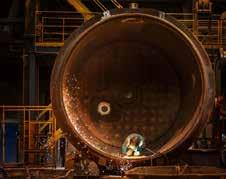
France/Mexico
Saverglass, a French manufacturer of container glass, inaugurated its second furnace in Mexico. During January, the inauguration ceremony for Furnace 13 was held at the company’s Acatlan facility in Mexico .
It is the company’s second furnace to be
launched at the site, and the ceremony was attended by Saverglass President Jean Marc Arrambourg, group CEO Loic de Gromard and employees. In 2018, the French group opened its Acatlan facility, which has a capacity of approximately 85,000 tonnes per year. With the
addition of the new furnace, production capacity will be doubled in the Americas, helping to meet current demand.
This move is being facilitated by Saverglass’ expansion into a Multi-Service Warehouse in Fairfield, California.
Primetals Technologies is developing a new green technology to replace blast furnace (BF) plants, and recently signed a cooperation contract with RHI Magnesita, a supplier of refractory products, systems and services.
The new solution is called Smelter, a furnace powered by electricity used for melting and final reduction of direct reduced iron (DRI). Together with the direct reduction (DR) plant and the LD converter (BOF), the Smelter produces liquid metal for the steel plant. It also produces liquid slag suitable for use in the cement industry.
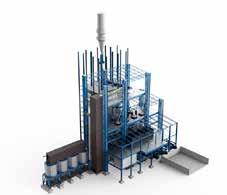
During direct reduction iron ore is reduced by a reducing gas, while the LD converter takes care of all the refining works. The conventional BF – LD converter route is resulting in almost two tonnes of CO2 per tonne of liquid steel. As a result of this new technology, the CO2 amount will be reduced by a factor of six, to 0.33 tonne of CO2 per tonne of liquid steel.
The Smelter provides two main cost related benefits for steel producers: The DR – Smelter – LD converter route can be used especially for
low grade iron ores, as it handles the generated slag well. Additionally, the LD converter is kept and therefore steel producers who operate integrated plants have an ongoing process without modifications of the remaining production chain without having to renew certifications when they invest in a Smelter.
It will also be possible to keep the blast furnace running while installing the Smelter.
Constantin Beelitz, president Europe, CIS & Turkey of RHI Magnesita, said: “If you are serious about green steel, you have to start with the blast furnace processes, i.e. where CO2 emissions are massive.
“RHI Magnesita has been working closely with both steel and non-ferrous industries worldwide for years. We are proud that we are an integral part of pushing further the green steel development together with Primetals, not only as supplier of refractories but also as a technology partner. Hereby we contribute with our know-how and experience directly where our customers, but also the environment, will benefit from.”
Gerald Wimmer, vice president converter steelmaking, Primetals Technologies said: “
“With the Smelter, we are developing a new technology that will allow to use also low-grade irons ores, which is the majority of the global iron ores, for direct reduction. RHI Magnesita and Primetals Technologies have long lasting experience in development of new technologies, an excellent base for successful cooperation.”
Ardagh Glass Packaging – Europe (AGP –Europe) has designed its newest glass furnace in Poland with the latest available suite of sustainable technology for reducing emissions and improving energy and resource efficiency. Ceramic Candle Filter technology and a Continuous Emission Monitoring System have been installed to achieve and maintain low emission levels while gas, electricity and water consumption will be reduced through a combination of heat recovery, turbo compressors, water recovery and a closed loop cooling system.
Reducing emissions and improving the impact on the environment is one of the key targets for the glass industry. Ceramic Candle
Filter technology is the most effective method of controlling particulates and acid gases and is also highly efficient in reducing Sulphur Oxides during the glass manufacturing process. Installing a Continuous Emission Monitoring System provides ongoing information and allows immediate corrective and preventive action to be taken if necessary.
The new furnace will be highly energy efficient thanks to the conversion to a regenerative furnace, reducing gas usage and CO₂ emissions annually. Turbo compressors will replace screw compressors, which is expected to reduce the electricity requirement by up to 25%.
Reducing water consumption will be achieved
through a new closed-loop cooling system for the compressors and for boosting electrodes in the furnace. Together this is expected to reduce water usage by up to 10% compared with traditional cooling solutions. In addition, recovered water from a new demineralisation system will be used in the sanitary facilities, saving a further expected two to three per cent of water on-site.
Jerzy ₂ołyniak, plant director at the AGPEurope facility in Wyszków, Poland said: “We are incredibly proud of the work that has been put into implementing this new sustainable technology which will improve the environmental impact of our operation and will help AGP-Europe to achieve its sustainability targets.”
Encirc, a Vidrala company, is a glass manufacturer and co-packer, and Diageo, global company in premium alcoholic drinks, announced their partnership to create the world’s first net zero glass bottles at scale by 2030.
Encirc plans to build a new furnace at its Elton plant, Cheshire, which will change the face of glass. The furnace will reduce carbon emissions by 90%, with an energy mix of green electricity and low carbon hydrogen. It is expected that carbon capture technology will capture the remaining carbon emissions by 2030.
In addition, the furnace will be powered by zero carbon electricity and hydrogen, from the Vertex (HyNet)plant in Cheshire and be fully operational by 2027. It will produce up to 200
million Smirnoff, Captain Morgan, Gordon’s and Tanqueray bottles annually by 2030.
Encirc is already a well-known name in sustainable glass production and future-proofing the future of glass. In 2021, the company, in collaboration with glass industry partners Glass Futures, trialled one of its furnaces in its Northern Ireland plant on sustainable biofuels on many brands including Diageo’s Black & White bottles, using 100% recycled glass to create the most sustainable bottles ever produced. The bottles had a carbon footprint of up to 90% lower than a standard glass bottle.
The hydrogen used to power the new furnace will come from Vertex Hydrogen, a partner of the government-backed HyNet North West cluster, the UK’s leading industrial

decarbonisation project.
Glass Futures, based in St Helens, is also playing a key role in supporting the glass industry’s decarbonisation and is a key partner for Encirc. It will be instrumental in trialling sustainable fuels on furnaces and developing the future furnace technology required to support Encirc and the wider glass industry in its goals.
RHI Magnesita has bought a majority shareholding in Jinan New Emei Industries Co. Ltd. (Jinan New Emei), a producer of refractories in China.
The acquisition will enable RHI Magnesita to expand its product range in steel flow control refractories and its solutions contract offering in the Chinese domestic market, both of which are key strategic priorities. It will also give access to substantial new customer relationships in China and deliver additional production capacities for increasing supply of refractories in both China and the wider East Asia region.
Jinan New Emei is a well-known producer of refractory slide gate plates and systems, nozzles and mixes for use in steel flow control, employing over 1,300 people and headquartered in Shandong province, China. A state-of-the-art, fully automated new plant with an annual production
capacity of up to 80,000 tonnes has recently been commissioned at Laiwu in Shandong province, thus marking a main asset of the acquisition.
RHI Magnesita expects substantial synergy realisation opportunities from the combination of Jinan New Emei with RHI Magnesita’s existing refractory business in China.
Stefan Borgas, CEO of RHI Magnesita, said: “This transaction represents an important step in the development of our flow control refractory business in China and is directly aligned with our stated strategy to grow through consolidation in fragmented new markets where we are currently under-represented.
“China is the largest steel market in the world, accounting for over 50% of global production, and the addition of Jinan New Emei to our existing Chinese operations will broaden our product and solutions contract offering for our
steel customers, enabling us to better serve our domestic customers in China and the wider East Asia region.”
Marco Olszewsky, president of RHI Magnesita China and East Asia, said: “This acquisition is a key milestone for us to deliver our strategy. We are ready to grow our business, leveraging substantial synergies to capture more market share in the world’s largest steel market.”
Li Qinglin, owner of Jinan New Emei, said: “RHI Magnesita is a global leader in the refractory market with a strong worldwide network and deep-rooted footprints in China and East Asia.
“Becoming part of RHI Magnesita’s network will drive better synergies and collaboration within the organisation.”
RHI Magnesita will initially acquire a majority shareholding in Jinan New Emei. The acquisition is subject to competition authority clearance.
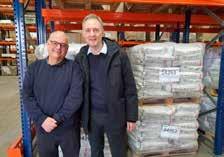
Following a positive introductory year of agency sales in the UK market, Seven Refractories has decided to establish a full UK subsidiary, Seven Refractories (UK) Ltd.
Erik Zobec, CEO of Seven Refractories, said: ““With this step, we plan to further strengthen our position in the British refractory market.
Grant Rennison, managing director of the UK venture, said: “The quality of Seven Refractories’ products, especially the green Seven Tap range, has contributed to a swift adoption amongst UK customers.
“We are convinced that with wider coverage there is potential to make Seven Refractories and its’ technology as renowned in the UK, as it already is in global refractory markets.”
Seven Refractories is headquartered in Vienna/Austria and offers a wide range of refractory materials. With a modern greenfield plant located in Slovenia, seven international subsidiaries and numerous agents, Seven serves customers in over 40 countries.
Among these customers are NLMK, Voest Alpine, Isdemir, Arcelor, Severstal, Breitenfeld

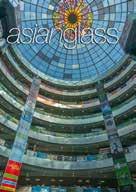

Payment has been sent to your bankers:
A/C name: Adamson-Russell Communications Ltd

Lloyds Bank PLC; P.O. Box 1000 BX1 1LT United Kingdom
Sort Code: 30-98-97 A/C No: 56809663
IBAN: GB22LOYD30989756809663
SWIFT Code: LOYDGB21031

All new subscribers will receive an invoice by email
In order to process your order, please sign and date below: Signature Date
